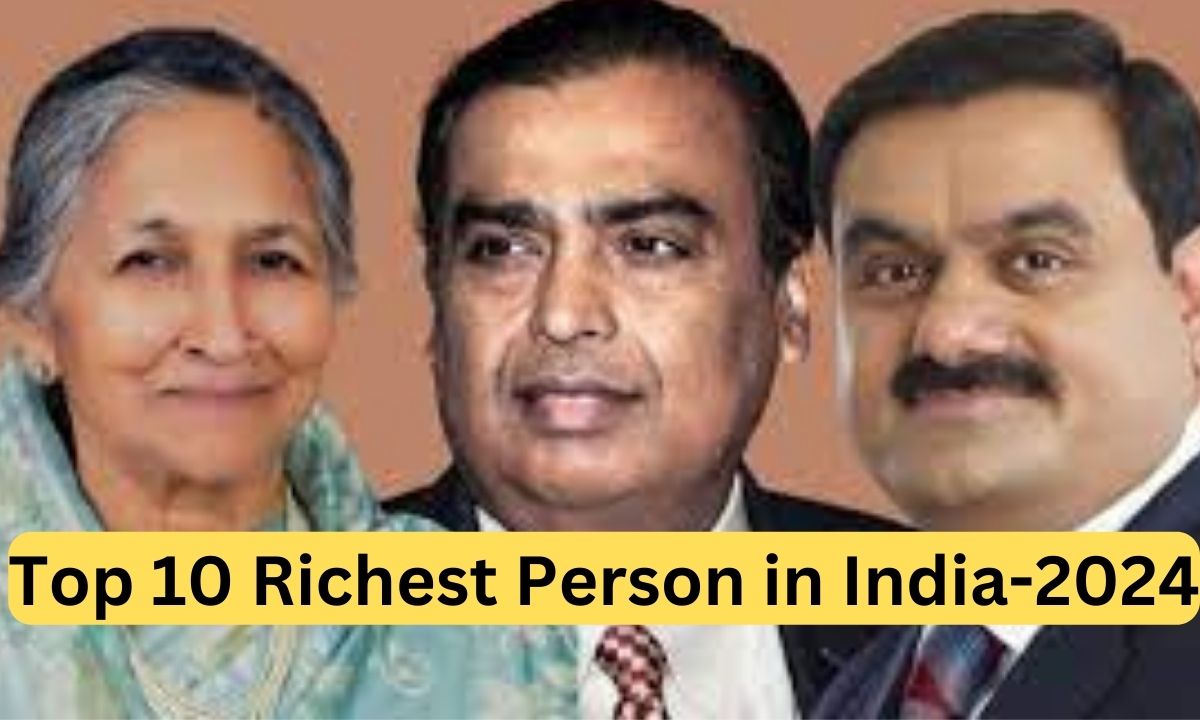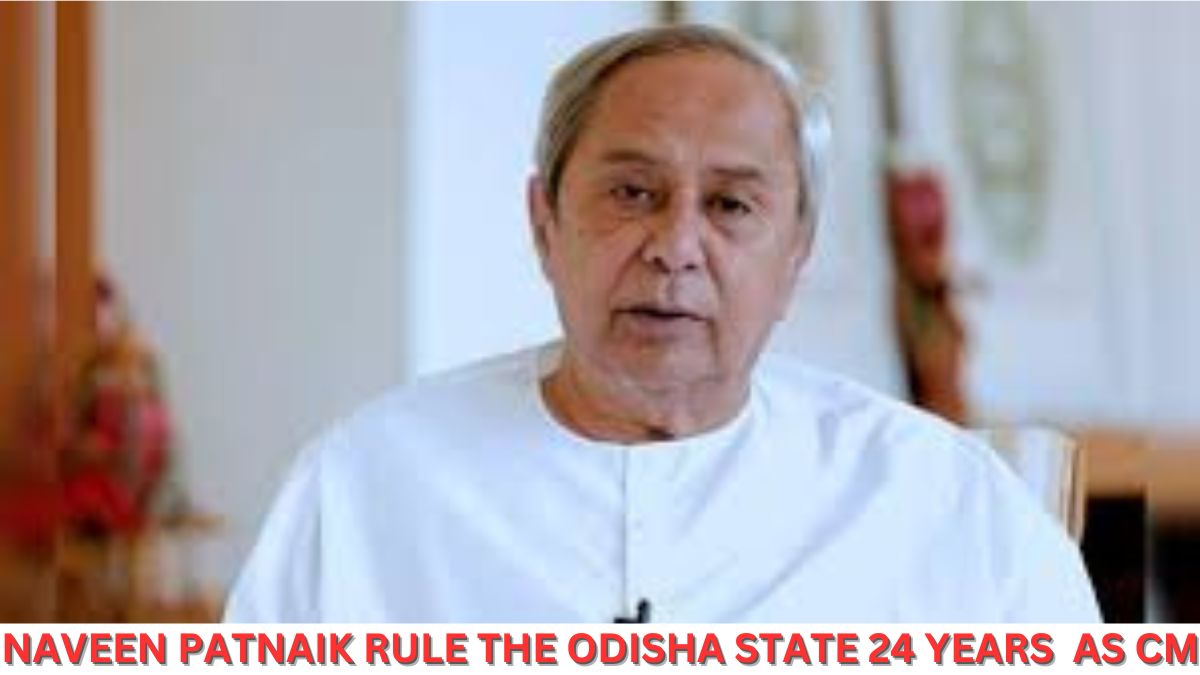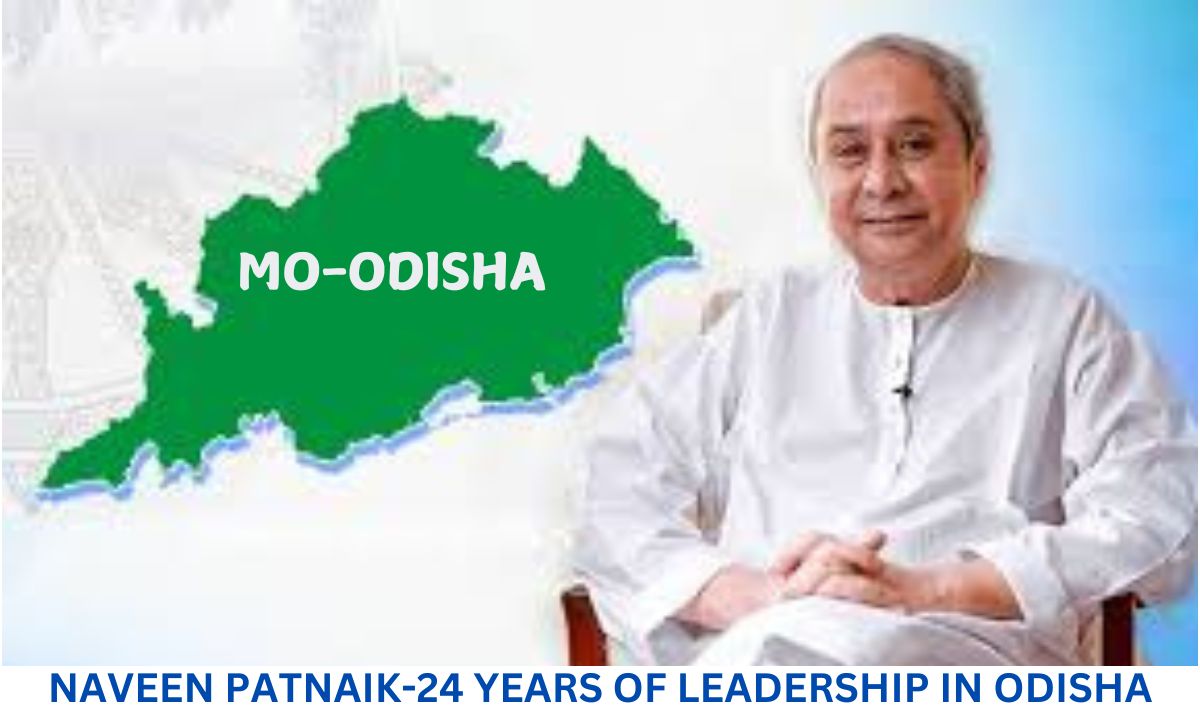Introduction:-
Utkal Gaurab Madhusudan Das is a prominent figure in the history of Odisha. He played a pivotal role in shaping the socio-economic and political landscape of the region in the late 19th and 20th centuries.
He is remembered as the “ Utkal Gaurav” or the Pride of Odisha, Madhusudan Das made significant contributions to education, social reforms and the freedom movement.
This article delves into the life and legacy of this remarkable personality, shedding light on his enduring impact on the cultural and intellectual fabric of Odisha.
Personal Life:-
Madhusudan Das was an Indian lawer and a social reformer. He founded Utkal Sammilini in 1903 to campaign for the unification of Odisha along with social and industrial development in Odisha.
He is also known as Kalpabruddha( Grand Old Man), Madhu Babu, and Utkal Gouraba( Pride of Utkal). His birthday was celebrated as the Lawyer’s Day on 28th April 1848.
He was the first Odia to become a member of both the legislative council and the Central Legislative Assembly of India. He founded Utkal Sammilini( Utkal Union Conference) which laid the foundation of Odia nationalism.
Utkal Sammilini spearheaded the demand for the unification of Odia-speaking areas under a single administration. This led to the formation of the state of Odisha on 1ST APRIL 1936.
He was also the first Odia to travel to England. He founded the Utkal Tannery in 1905, a factory producing shoes and other leather products. In 1897 he founded the Orissa Art Ware Works. With his support, Tarakasi's (filigree) work of silver ornaments achieved commendable feet.
Family Life:-
Madhusudan Das was born on 28th April 1848 at Satyabhamapur, 20 Kilometers from Cuttack during the Company rule in India in the Zamindari Karana family.
His father was Choudhury Raghunath Das and his mother was Parbati Debi. They had initially named him Gobindaballabh. He had two elder sisters and a younger brother named Gopalballabha Das.
Gopalballabha was a Magistrate in Bihar Province and the father of Ramadebi Choudhury. He was converted to Christianity which caused him to boycott the village which he had to quit to erect a small house at the end of the village.
The house is known as “Madhukothi” or “ Balipokharikothi” later it is used as the state office of “ Kasturuba National Memorial Trust”.
Madhusudan had adopted two Bengali girls, Sailbala Das and Sudhansubala Hazara. Sailabala was an educationist who had been trained in England and in whose name the famous Sailbala Women’s College Cuttack was founded.
Sailbala was Bengali, and her parents had left her in the care of Madhusudan Das and his wife Souamani Devi at Calcutta.
In 1864, he passed Matriculation from Cuttack and thereafter he was inclined to become a teacher and began his career as a teacher at Balasore for three years.
The year 1866 was the year of an acute famine in Odisha called “ Naanka Duvikhuya”.
This year he converted himself to Christianity and changed his name to Madhusudan Das from his earlier name “ Govinda Ballava Choudhury”.
Sudhansubala Hazara was Bengali and she was the first female lawer of British India.
Legal Career:
Madhusudan Das earned recognition as a distinguished lawyer and a persuasive orator.
He practised law in the Calcutta High Court, gaining respect for his commitment to justice and legal acumen. His success in the legal arena provided him with the platform to address the larger issues facing Odisha.
Educational Reforms:
Recognizing the importance of education in societal progress, Madhusudan Das became a staunch advocate for educational reforms. He envisioned an Odisha where education would be accessible to all, irrespective of caste or creed.
His efforts led to the establishment of several schools and colleges in the region. The Utkal University, founded in 1943, stands as a testament to his vision for higher education in Odisha.
Social Reforms:
Madhusudan Das was deeply committed to social reforms, aiming to eradicate prevalent social evils such as untouchability and caste-based discrimination.
He worked tirelessly to promote a more inclusive society, emphasizing the principles of equality and justice. His initiatives had a lasting impact on the social fabric of Odisha, fostering a sense of unity and brotherhood among its diverse communities.
Political Contributions:
Madhusudan Das was instrumental in laying the foundation of political consciousness in Odisha. He played a pivotal role in the formation of the Utkal Sammilani, a socio-cultural organization that aimed to unite people against British colonial rule.
His efforts culminated in the formation of the separate province of Odisha on April 1, 1936, which was a significant milestone in the history of the region.
“UTKAL DIVAS” OR ODISHA DAY IS OBSERVED ON APRIL, 1 EVERY YEAR. Odisha State Foundation was on April 1, 1936. It was the first state that was formed on a linguistic basis(Odiya).
On April 1, 1936, Odisha became a separate province, after a long struggle of over three centuries. The formation of Orissa provenance under British rule, separated from Bengal and Bihar, marked the beginning of a new journey for the state. Odisha day is also known as “Utkal Divas”.
It is celebrated on April,1 every year in memory of all the struggle that went into gaining a separate political identity for the state. This state was once part of Kalinga ruled by King Ashoka and later by Kharavela.
The Name of Utkal:-
Utkal was the part of the Kalinga as per Mahabharat.Karna is mentioned to have conquered the kingdom of Utkal among others. However, according to other texts like Raghuvasam and Brahma Purana, they were separate kingdoms.
Utkal may have meant the northern (Uttar part) of Kalinga. Utkal desha may have meant the land of “fine arts” (utkarsha kala).
The “Five Indias” referred to by Hiuen-tsang did not include territories south of the Vindhyas as Harsavardhana could not extend his empire beyond it.
The five Indias of Huen-tsang were Sarasvata, Kanyaakubja, Utkala, Mithila and Gauda.Utkal was one of the “Five Indias of Huen-tsang.
Orissa was known as Kalinga in ancient days. Another ancient name for this region was Utkal.
It is widely known as the land of Lord Jagannath. Emperor Ashok conquered Kalinga and Kalinga War (3rd century B.C.) struck Ashok with remorse.
Conclusion:
Utkal Gaurav Madhusudan Das, a visionary leader and a true son of Odisha, dedicated his life to the betterment of society.
His tireless efforts in the realms of education, social reforms, and politics have left an everlasting impact on the cultural and intellectual landscape of Odisha. Madhusudan Das's legacy serves as a beacon of inspiration, urging the people of Odisha to strive for progress, unity, and justice.
Thank you very much for liking , commenting and subscribing to my articles
“We are proud of our real hero of Odisha state”
“UTKAL GAURAB MADHUSUDAN DAS”
“BANDE UTKAL JANANI”










